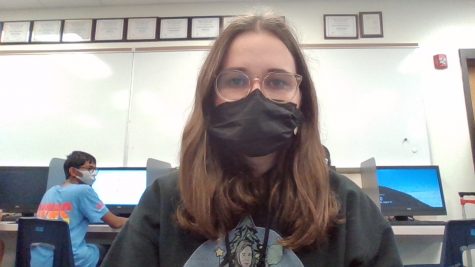Teenagers and Sleep
Have you ever had a day where keeping your eyes open was a chore? When the thought of going to bed, and going to sleep was all that was keeping you going? If so, you aren’t alone. Studies say that teenagers need sleep even more than adults, yet most don’t get enough sleep. While medical professionals recommend that teens get between 8-10 hours of sleep a night, most teens aren’t able to get that amount.
Why is it hard for teens to get enough sleep?
There are many different elements that can factor into teens’ lack of sleep. Puberty hormones shift teenagers’ body clocks forward about one or two hours. This makes them sleepier one to two hours later and wake up 1-2 hours later. However even though teenagers start falling asleep later, early school starts don’t allow them to sleep in to get those 8-10 hours of sleep. Busy after school schedules combined with a lot of homework can cut into teens’ sleep time. Phones and other electronics also poorly affect teenager’s sleep. The lights strain the eyes, making it harder to fall asleep. Light cues the brain to stay awake. In the evening, lights from televisions, mobile phones and computers can prevent adequate production of melatonin, the neurotransmitter responsible for sleep. According to a study, teens who put their phones away one hour before bed gain an extra 21 minutes of sleep a night. That adds up to one hour and 45 minutes over the school week.
What are the effects of poor sleep?
Poor sleep schedules can cause teens to feel tired and lethargic throughout the day. Getting out of bed in the morning becomes more difficult, as does falling asleep at night. Poor sleep has also been linked to a multitude of mental health issues, including depression, anxiety, and suicidal thoughts, that can go on to affect teens as adults.
What can you do to sleep better?
Setting a regular bedtime and wake up time helps to regulate your internal clock and circadian rhythms. Avoiding stimulants like coffee, tea, and energy drinks in the afternoon and evening will make it easier to fall asleep at night. Setting up a comfortable sleeping environment and relaxing before bed will also help. Finally, switching your screens off an hour before bed helps your eyes and brain relax.
Sources: Aussie teens forgo sleep for screens, Teenagers and Sleep: How Much Sleep Is Enough?

Hi, I'm Mayla! I'm an eighth grader here at CVMS. In my free time I love acting, swimming, watching TV shows and movies, and sleeping. I have one little...

























